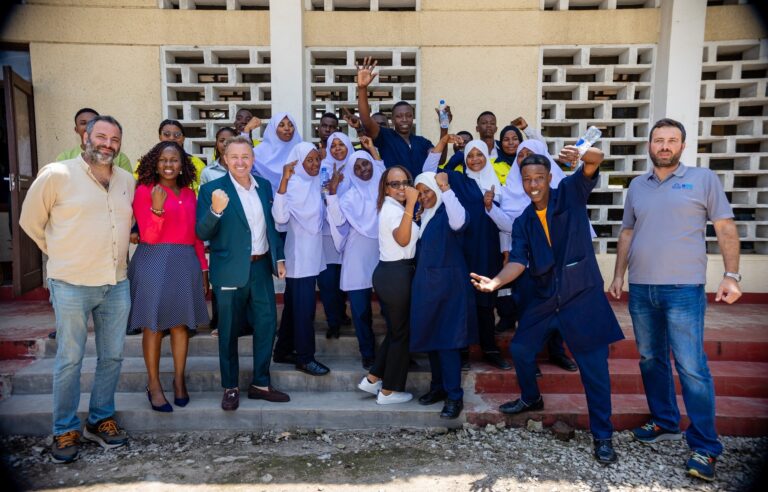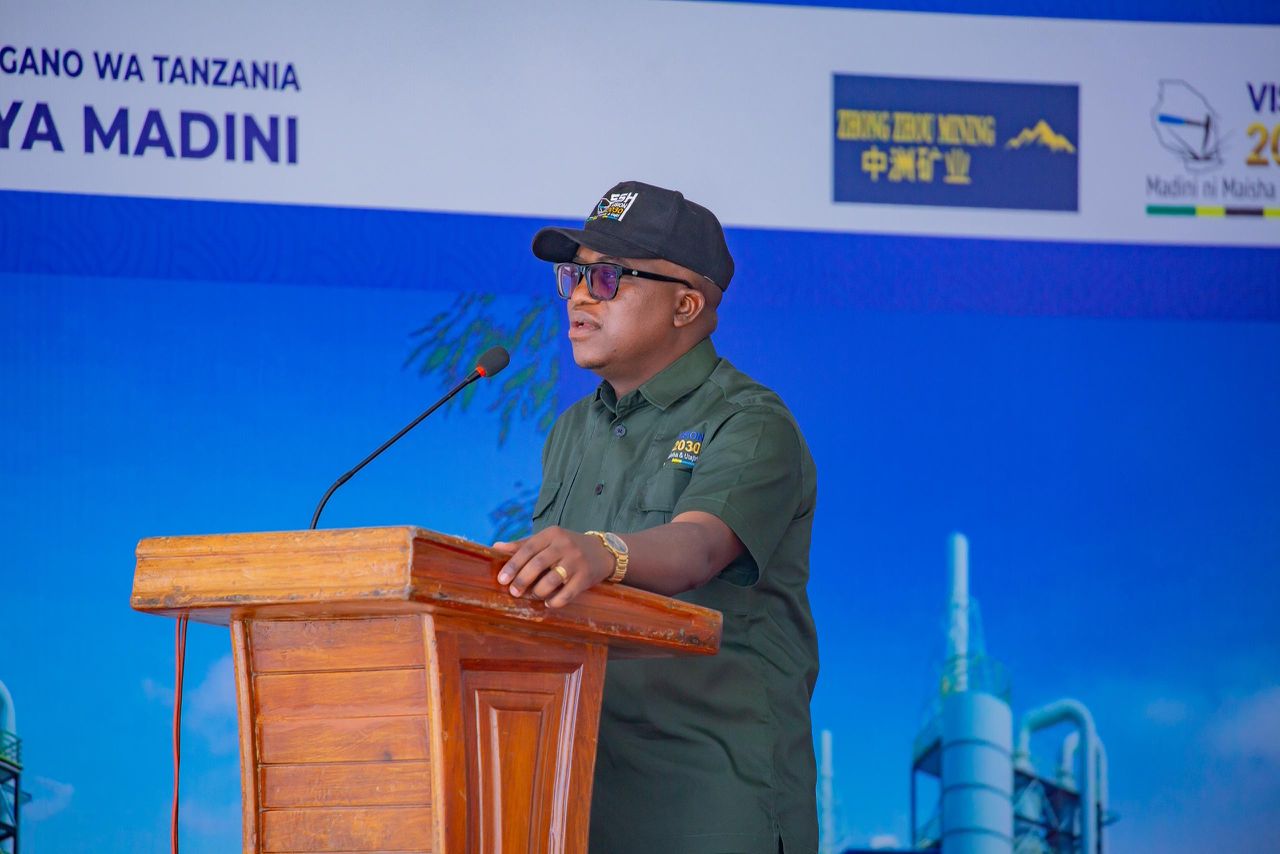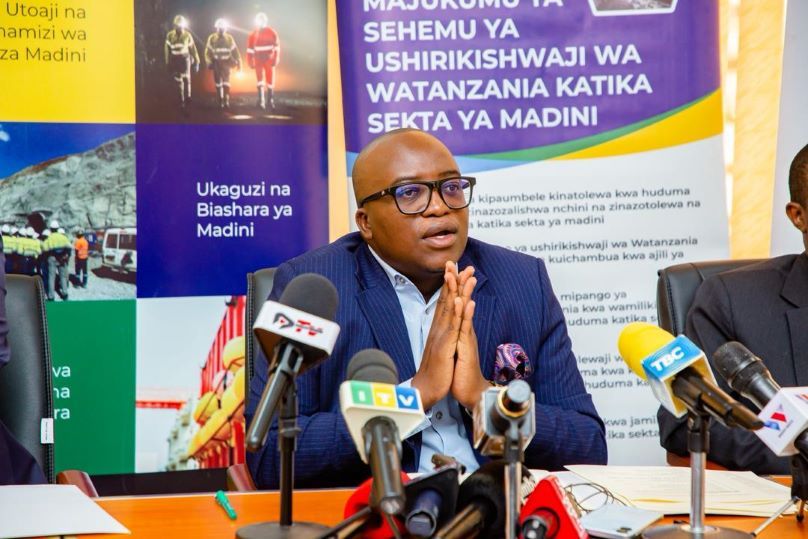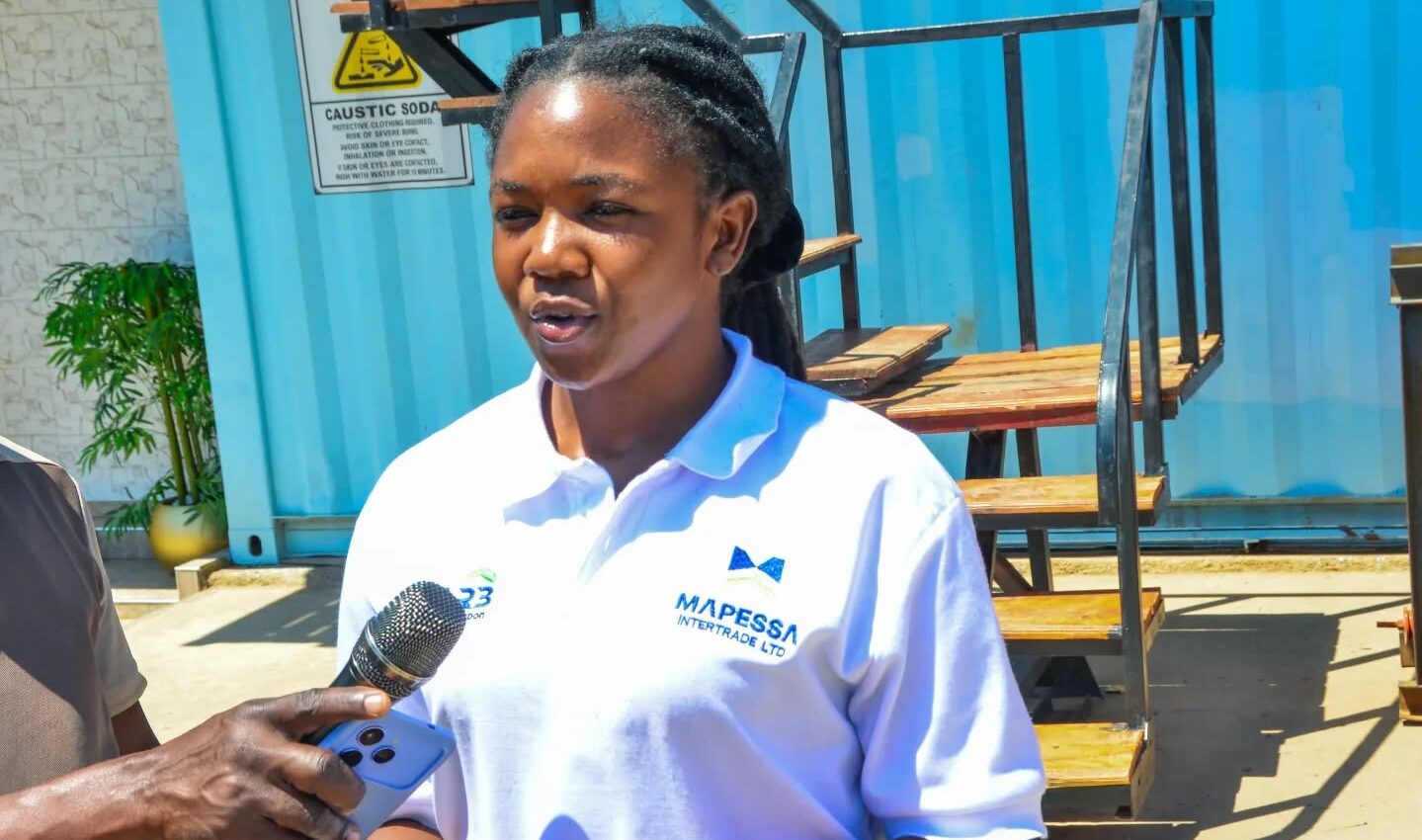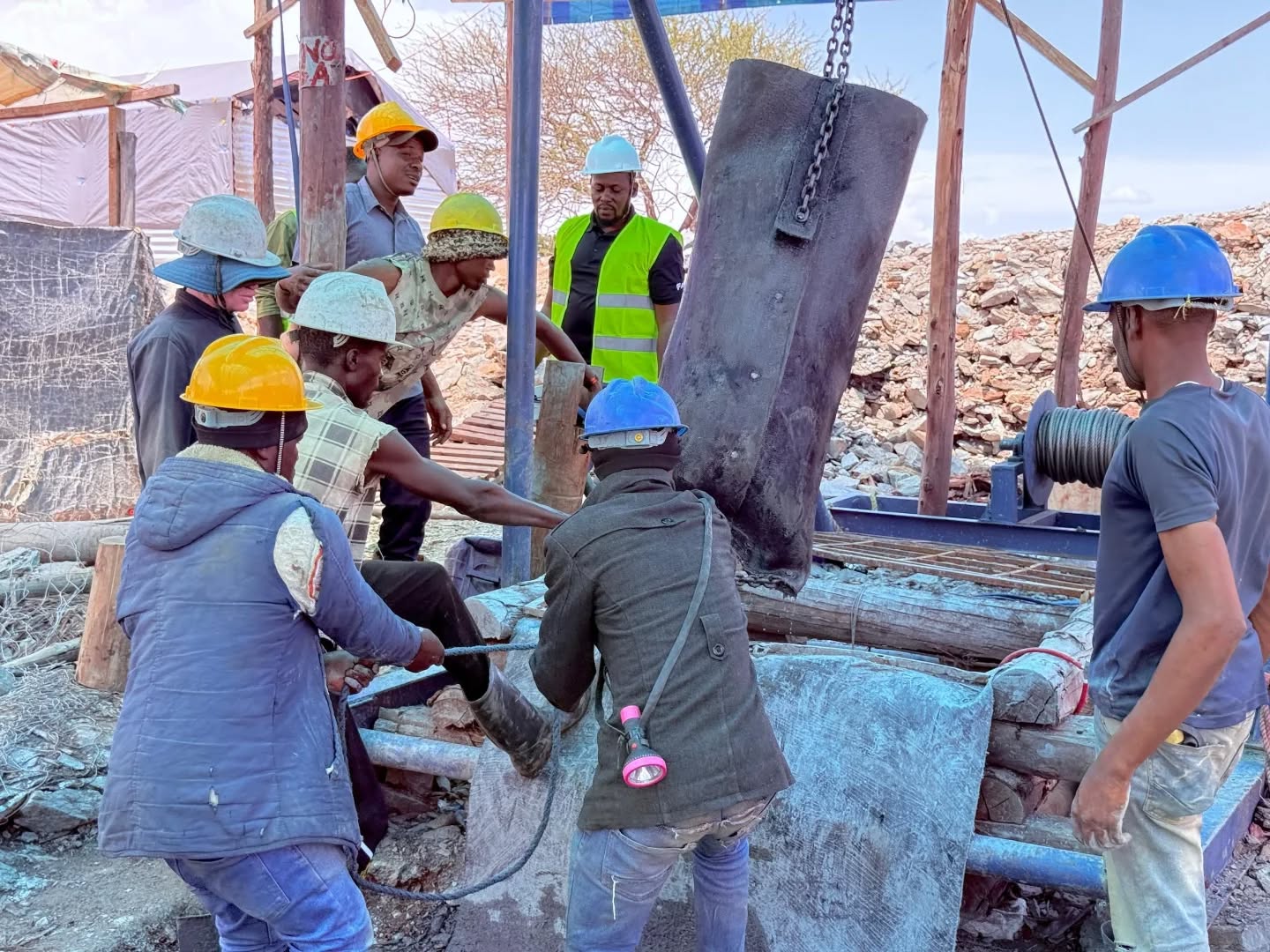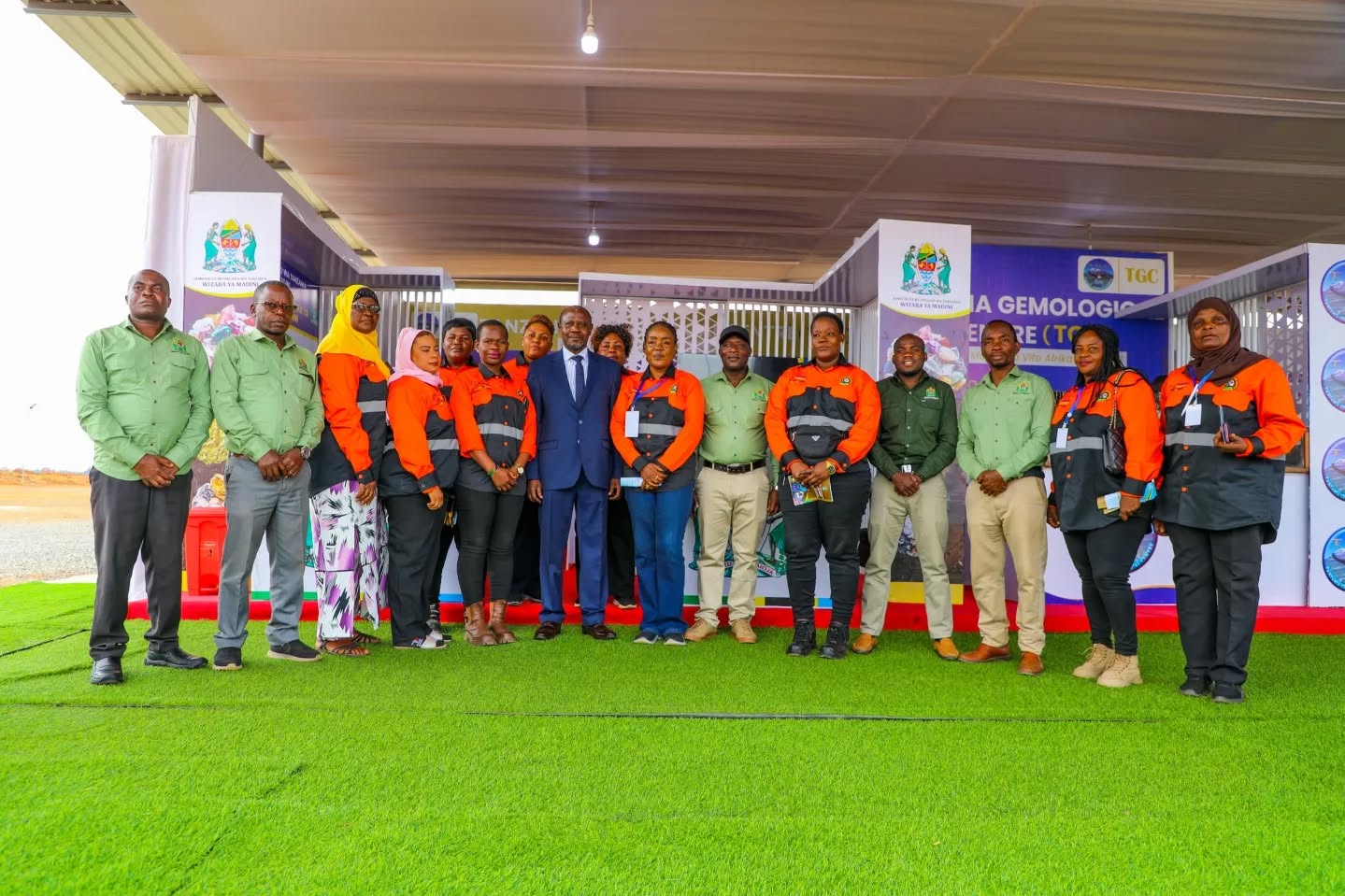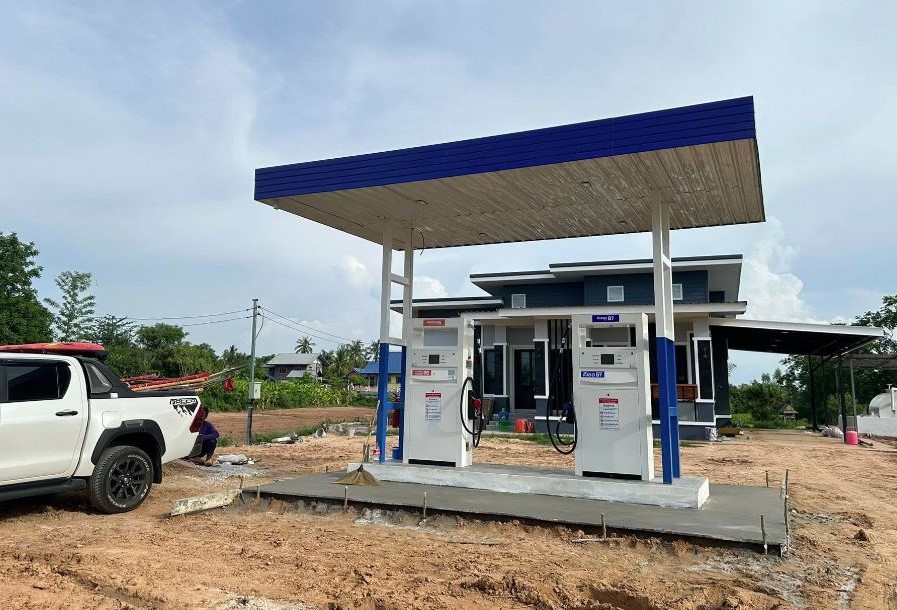Tanga. The East African Crude Oil Pipeline (EACOP) and its contractor, BBN, in partnership with the Vocational Education and Training Authority (VETA) Tanga, have rolled out a scholarship initiative that extends beyond statutory local content requirements, signalling a deeper commitment to community empowerment.
At a ceremony held in Tanga this week, twelve young people drawn from the villages of Chongoleani, Mpirani, Putini and Ndoaya were awarded scholarships under VETA’s Special Training Programme.
The beneficiaries will undergo vocational skills training designed to increase their employability and enhance their participation in the region’s economic activities.
According to organisers, the scholarships are not only about equipping youth with technical skills for possible absorption into the oil and gas value chain, but also about creating broader opportunities in sectors such as construction, mechanics, electrical installation and welding.
These skills are intended to remain relevant long after the completion of the EACOP project, ensuring sustainable livelihoods for the communities.
EACOP is a 1,443-kilometre pipeline stretching from Hoima in Uganda to the port of Tanga, where the crude oil will be exported.
The $5 billion project is jointly developed by the Uganda National Oil Company, the Tanzania Petroleum Development Corporation, TotalEnergies and China National Offshore Oil Corporation (CNOOC).
In Tanzania, the project has placed significant emphasis on local content and community development, including land acquisition compensation, community health initiatives and infrastructure support.
BBN, one of EACOP’s main contractors, has similarly underscored the importance of building local capacity.
By collaborating with VETA, the initiative seeks to ensure that Tanzanians benefit directly from opportunities linked to oil and gas investments.
VETA Tanga has a long-standing role in preparing the country’s workforce through specialised training programmes.
Its involvement is expected to provide professional certification for the scholarship beneficiaries, enabling them to secure jobs both within and outside the extractive industries.
The scholarship programme reflects a growing trend in large-scale projects across East Africa, where investors and contractors are increasingly adopting sustainable models that combine business goals with social responsibility.
For Tanga’s youth, particularly those from communities closest to the pipeline corridor, this programme offers a rare opportunity to acquire skills that can transform their future prospects.

